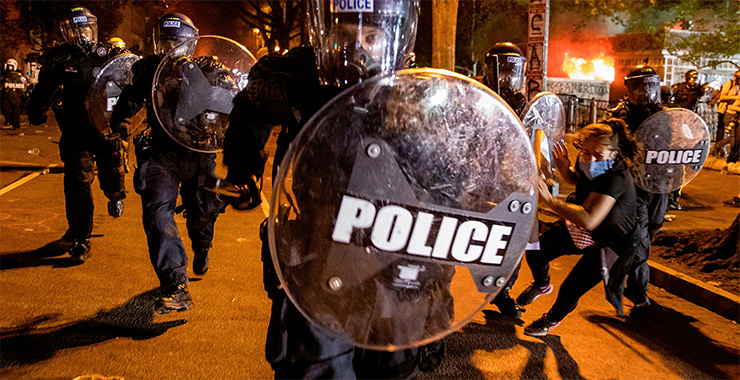- Joined
- Nov 9, 2017
- Messages
- 65
- Reaction score
- 64
I'm currently doing pre-employment evals for potential police officers and I was wondering if anyone else was in the same boat or could give me any advice.
Given the current state of the country and the anti-police sentiment (and I guess the overall politics of the country), I feel like it's important to understand how an applicant views these issues.
If you ARE doing evals.. Are you asking any questions regarding a potential applicant's views on the protests/police brutality? And if so, what kind of questions?
If you aren't -- Would you if you were in my position/what kind of questions do you think might be relevant for screening purposes.
Given the current state of the country and the anti-police sentiment (and I guess the overall politics of the country), I feel like it's important to understand how an applicant views these issues.
If you ARE doing evals.. Are you asking any questions regarding a potential applicant's views on the protests/police brutality? And if so, what kind of questions?
If you aren't -- Would you if you were in my position/what kind of questions do you think might be relevant for screening purposes.



